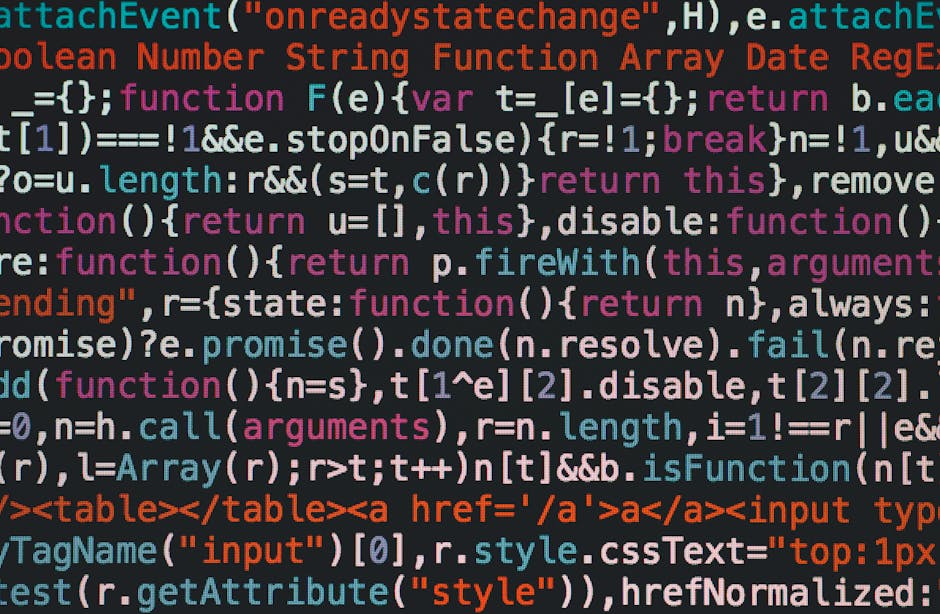The Incident Unveiled: A List of Phantom Reads
In May of last year, a senior editor at Business Insider circulated an internal email to staff. The purpose? To provide a curated list of essential reading materials, dubbed “Beacon Books.” The intention was to equip employees with a deeper understanding of influential business figures and exemplary nonfiction writing – particularly relevant to those involved in business journalism. While the list thoughtfully included recognized titles like Andrew Ross Sorkin’s “Too Big To Fail” and James Stewart’s “DisneyWar,” it soon became apparent that something was amiss. Several recommendations sparked immediate skepticism amongst the staff, revealing a surprising and embarrassing error.
Spotting the Fakes: A Catalog of Non-Existent Titles
The unsettling truth was that several titles on the “Beacon Books” list simply didn’t exist. These weren’t minor typos or slightly misremembered titles; they were entirely fabricated, suggesting an automated or poorly vetted source. Let’s examine the catalog of non-existent titles that caused such confusion and embarrassment:
- Simply Target: A CEO’s Lessons in a Turbulent Time and Transforming an Iconic Brand – Attributed to former Target CEO Gregg Steinhafel, this title is nowhere to be found in any catalog or retailer’s inventory.
- Jensen Huang: the Founder of Nvidia – Purportedly published by Charles River Editors in 2019, this book also failed to materialize, leaving a frustrating search across online and physical bookstores.
- Mark Zuckerberg Autobiography: The Man Behind the Code – Written by Jasper Robin, this title lacks a presence on Goodreads and is currently unavailable for purchase. This is a particularly glaring error, given Zuckerberg’s significant impact on the digital age.
- The House of Morgan: An Intimate Portrait of the Most Powerful Banking Family in the World – Penned by Fredric Morgan, this title is a misattribution. It appears to be a mistaken reference to Ron Chernow’s acclaimed work, “The House of Morgan: An American Banking Dynasty and the Rise of Modern Finance.”
- Snapchat 101: Everything You Need to Know about Snapchat for Business – By Andrew MacCarthy, this title is entirely fabricated. The confusion likely stems from a legitimate guide on Snapchat marketing authored by Scott Perry.
- The Costco Experience: An Unofficial Survivor’s Guide – This title, attributed to Celeste Olivier, does not exist. The actual book, chronicling the peculiar and devoted customer experience at Costco, was written by Larry Gerston.
The sheer number of fabricated entries raised serious questions about the source and vetting process behind the “Beacon Books” list, leading to a significant degree of internal confusion and professional embarrassment.
The Aftermath and Internal Response
Following the discovery of the errors, Business Insider quietly acknowledged the situation internally. An apology was issued to staff, recognizing the mistake and expressing regret for the confusion it caused. Remarkably, the organization chose not to make a public statement regarding the incident, preferring to handle it discreetly within the company.
Resurfacing with Layoffs and AI Integration
The story’s relevance was dramatically amplified when Business Insider announced subsequent layoffs and a strategic pivot toward greater integration of artificial intelligence into its newsroom operations. This sequence of events transformed the “Beacon Books” debacle into a potent symbol of the risks associated with over-reliance on AI-generated content, especially when operating without robust editorial oversight. The timing underscored a deeper concern about the quality and reliability of content, particularly in environments driven by cost-cutting and the pressure to innovate.
Industry Reaction and Broader Implications
The Business Insider incident swiftly captured the attention of the wider media industry, triggering a wave of commentary and concern. Critics voiced strong opinions, emphasizing the potential to erode public trust and underlining the continued necessity for human verification, even as AI tools become increasingly integrated into journalistic workflows. This incident isn’s just about a list of bad books; it speaks to a larger conversation about the responsibility of media organizations to maintain quality and accuracy.
Trust and Reputation
In an age where misinformation and disinformation are rampant, maintaining trust is paramount for any news organization. The “Beacon Books” fiasco demonstrated how easily trust can be undermined, even through seemingly innocuous errors. The incident served as a stark reminder that credibility is earned, not automatically conferred, and that even minor lapses in judgment can have significant repercussions.
The Post-SEO Landscape
The digital media landscape has undergone a profound transformation in recent years, moving beyond the traditional focus on Search Engine Optimization (SEO). While SEO remains important, the emphasis has shifted toward content saturation and the constant need to generate fresh, engaging material to retain audience attention. This pressure to innovate and cut costs can sometimes lead to shortcuts, as exemplified by the lax quality control that resulted in the erroneous “Beacon Books” list. The desire to rapidly produce content can outweigh the commitment to accuracy and thoroughness.
The Role of Human Oversight
The Business Insider case reinforces a crucial point: while AI tools can be valuable aids in the content creation process, they are not a replacement for human judgment and expertise. Editorial oversight, fact-checking, and critical evaluation remain essential to ensuring the accuracy and reliability of journalistic output. Automation should enhance, not supplant, human involvement. Relying solely on algorithms to generate content is a recipe for errors and potential reputational damage.
Lessons Learned and a Cautious Future
The Business Insider “Beacon Books” incident provides several key takeaways for media organizations navigating the evolving digital landscape. The need for rigorous editorial processes, a commitment to accuracy, and a healthy skepticism toward automated content generation are more vital than ever.
- Establish Robust Vetting Processes: Any list of recommendations, or any piece of content generated by automated means, should undergo a rigorous review process, involving experienced editors and fact-checkers.
- Maintain a Healthy Skepticism: Blindly accepting the output of any system, whether it’s a human or an algorithm, is a dangerous practice. Critical evaluation and fact-checking are paramount.
- Prioritize Quality Over Quantity: The pressure to produce a constant stream of content should not come at the expense of accuracy and quality.
- Recognize the Limitations of AI: AI tools are valuable aids, but they are not infallible. They should be used to enhance, not replace, human expertise.
- Invest in Human Capital: Experienced editors, fact-checkers, and journalists are an invaluable asset. Their judgment and expertise are essential for maintaining journalistic integrity.
The “Beacon Books” fiasco stands as a cautionary tale for the media industry, reminding us that even the most technologically advanced organizations are vulnerable to errors when they compromise on fundamental principles of journalistic diligence. As AI continues to reshape the media landscape, maintaining a cautious and critical approach, with a steadfast commitment to human oversight, will be crucial for preserving trust and upholding the integrity of news reporting.




Leave a Reply
You must be logged in to post a comment.